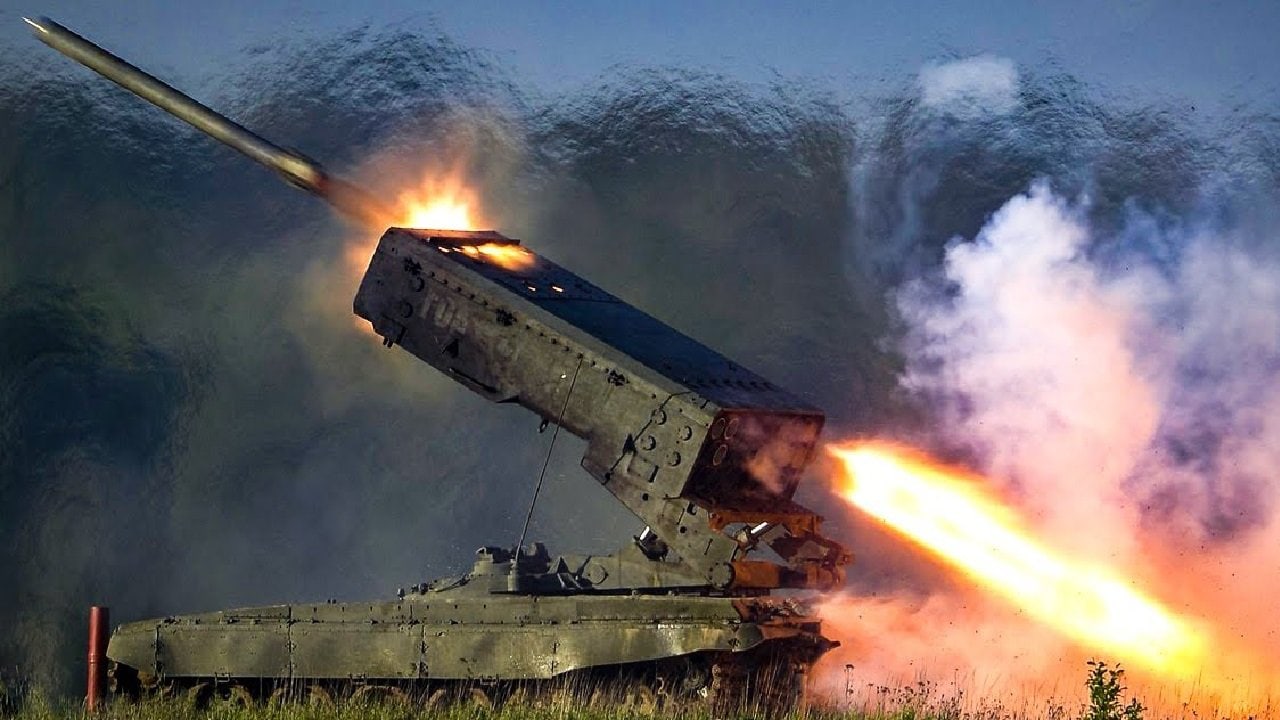On Monday, Wagner chief Yevgeny Prigozhin’s announcement that his private mercenary forces are leaving the city of Bakhmut, following more than six months of intense fighting between Ukrainian and Russian troops.
Prigozhin recommended that the Russian Ministry of Defense send in Russian soldiers to maintain control of the city, as Ukrainian forces attempt to encircle it.
The statement caused confusion as it came just days after the Russian Defense Ministry claimed to have taken full control of the city.
On Saturday, May 20, Russia said that the city had been fully captured, largely in part to the support of Wagner troops who pushed Ukrainian forces out of their last remaining position in a built-up part of the city.
In an audio clip shared by the Wagner press service, Wagner describes how his fighters had established lines of defense in the western outskirts of the city, which finally allows him to follow through on repeated threats to pull out his soldiers from the city entirely.
Prigozhin said Wagner soldiers would be out of the city sometime between May 25 and June 1.
Days Of Confusion
Despite the reports, Ukrainian President Volodymyr Zelenskyy immediately denied the reports. On Sunday, Zelenskyy said that there are different ways to interpret the news that Russian forces pushed out Ukrainian troops and insisted that his military maintains a presence in the city.
“Today, they are performing a very important task,” Zelenskyy said of the Ukrainian military. “Today, they are in Bakhmut. At what points, I will not share, but this suggests that Bakhmut is not captured by the Russian Federation as of today. There are no two or three interpretations of this.”
The claims were mocked by Prigozhin, who said that Zelenskyy is oblivious to “what is happening on Earth,” and suggested the Ukrainian president was lying.
The Ukrainian military, however, echoed Zelenskyy’s comments on Sunday – an indication that Kyiv believes plans to encircle the city could still be successful. As Russia declared victory in the city, Oleksandr Syrskyi, the commander of the Ukrainian ground forces, explained exactly how Ukraine intends to respond, and suggested that Ukrainian forces still control some small parts of the city.
“Despite the fact that we now control a small part of Bakhmut, the importance of its defense does not lose its relevance,” Syrskyi said. “We continue to advance on the flanks in the suburbs of Bakhmut and are actually approaching the capture of the city in a tactical encirclement.”
Despite the claims, however, Ukrainian forces appear to have fully withdrawn from all positions in the center of the city, and are now advancing from the flanks.
Russia may technically have control over Bakhmut for now, but time will only tell whether Russian forces can maintain control without the support of Wagner.
Jack Buckby is 19FortyFive’s Breaking News Editor. He is a British author, counter-extremism researcher, and journalist based in New York. Reporting on the U.K., Europe, and the U.S., he works to analyze and understand left-wing and right-wing radicalization, and reports on Western governments’ approaches to the pressing issues of today. His books and research papers explore these themes and propose pragmatic solutions to our increasingly polarized society.

